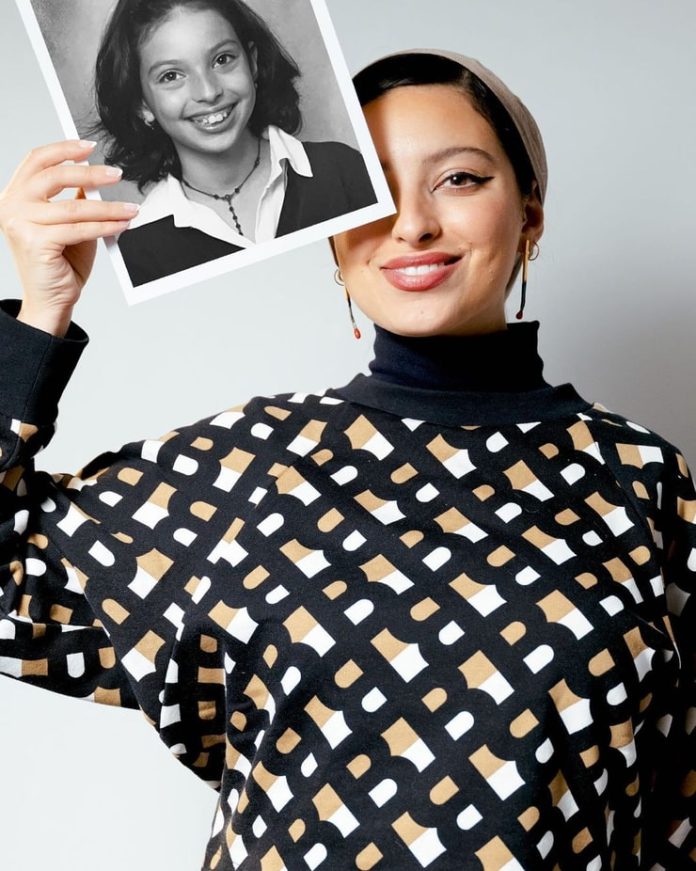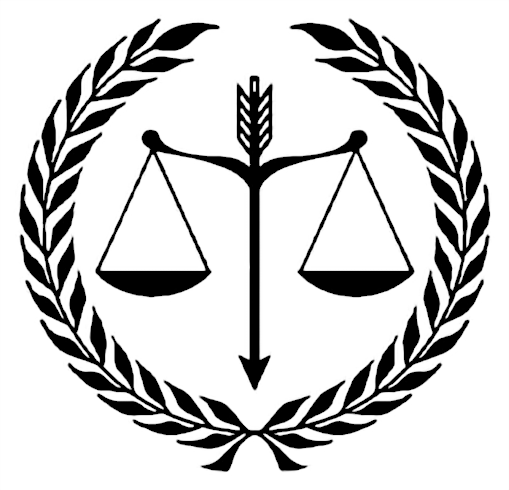
The award-winning journalist is pushing boundaries and reclaiming space – and she wants you to do the same.
One of the most consistent ways in which award-winning journalist Noor Tagouri has been made to feel by the media is as a victim. As a hijab-wearing Muslim woman, who is committed to giving a voice to the marginalised, she has broken boundaries in a world marred by Islamophobia. She has hosted powerful podcasts and documentaries that get to the truth of the misrepresented and sidelined, and runs her own production company. There’s also her ISeeYou foundation, which she runs with her mother. She has been forced to endlessly defend her choice to wear a hijab. And yet, during a time where Muslim women are often wrongly lumped together under one collective experience of oppression and passivity, she has been left feeling like a victim because of societal stereotypes.
That’s not to say she hasn’t been victimised in her lifetime. Tagouri has been subjected to sexual violence and racism but, as she says herself, she stepped “out of that storyline” a long time ago. “In the past, I have adopted a victim conscience or mindset that was definitely put on me by mainstream media, when people ask me questions that come from this victim place – things like, ‘You’ve been through a lot, how does that make you feel?’” she says. “I would fall into that question and answer the way people wanted me to. The story I began to tell myself is that my story isn’t valid unless it comes from a place of oppression to success.”
She has worked through these issues to become more clear-sighted about who she is and what she stands for. “I do believe that we are all responsible for our healing,” she says. “If you choose to stand in a mindset that keeps you in a certain way, in a place of self-deprecation and self-doubt, I would ask, ‘is that story serving you?’ So often it’s not, and when you step out of that storyline, the world opens up. That’s where I’m at right now.”
Over the last 10 years, Tagouri has become the epitome of a modern firebrand journalist. She moves between podcasts and documentaries to social media and branded campaigns (her latest is for jewellery label Mejuri). Her podcast series on sex trafficking in the US, Sold in America: Inside Our Nation’s Sex Trade, won a Gracies Award in 2019 for Best Investigative Series. She has a big personality, and talks quickly, emphatically and passionately about the issues she knows a lot about and asks questions about the things she doesn’t. She steers clear of platforms that don’t offer the space for context and nuance because it stops her from being able to tell stories with depth and accuracy – and that includes Twitter. “I had this idea to tweet something that was silly and fine, and I went into a spiral about how it might be misconstrued and I decided not to post at all,” she laughs. “Later, I realised that the feeling I had was about not wanting to participate in conversations that lack context.”
“People have these very visceral responses to things without having the full picture of the story,” she adds. “It’s not good for our bodies or minds – why are we having these massive reactions to things we haven’t even thought through ourselves?”








